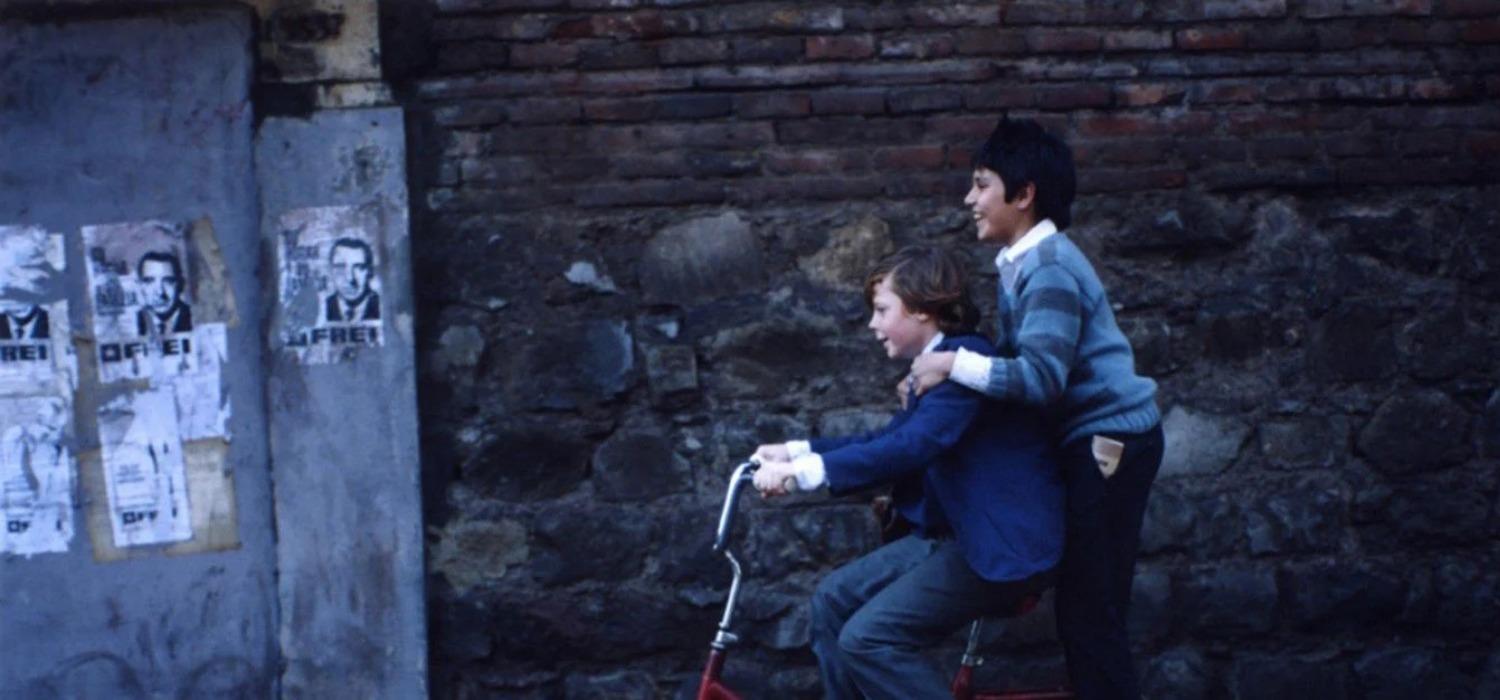
Jan. 25, 2021
What We Are Learning This Week with Dr. Pablo Policzer

Jan. 25, 2021 in POLI 415 Politics through Film
Dr. Pablo Policzer is exploring the impact of the breakdown of democracy in Chile in 1973 on the friendship of two boys from different socioeconomic backgrounds, through discussion of the widely acclaimed Chilean film “Machuca”.
Can you tell us a little more about this topic?
“Machuca” is the story of two Chilean boys who become friends in an elite private school just prior to the 1973 military coup. One of the boys comes from an upper-class family, the other is from a nearby shantytown, in the school as part of a program to allow kids from poor backgrounds a chance at a better education. At one level the film depicts their unlikely friendship across class lines in an otherwise rigidly class-divided society. At another, it also shows how the political context can sometimes open up the space for emotions such as compassion, empathy, and even love to bring people together, as well as how it can shut those spaces down altogether.

What else do you cover in your course?
The course asks what we might learn about politics through film that we don’t already know from the standard texts. Although film is a recent medium, this is a very old question, regarding the connection between emotion and logic. A guiding concern in the course is to examine the impact of the political on the personal, and on how taking a close look at the personal can in turn shed light on the political. We do this through an in-depth discussion of a number of films that show the impact of the political on the personal in very different contexts, such as the breakdown of democracy in Chile, the end of authoritarianism in Spain, the height of totalitarianism in East Germany, and of neoliberalism in South Korea.
How did you come to develop this course?
One reason is that I have always loved cinema, and have understood its power, to affect the viewer emotionally, aesthetically. Another is that I have also been fascinated by recent scholarship in the natural sciences, especially, but also among some philosophers, on the ethical importance of emotions. Although film is a new medium and some of this scholarship is also recent, this is a very old debate, on whether ethical principles require building on or separating us from our emotions. Whereas cartesian notions are suspicious of emotions, recent scholarship suggests that our emotions are fundamental for ethical principles. We think not despite but in many ways through our emotions. The course brings these ideas together. It connects films that focus on the inner emotional lives of people in different political contexts, with recent scholarship by neuroscientists such as Antonio Damasio and philosophers such as Martha Nussbaum, on the importance of our emotions for how we think, including about ethics.
Finally, what other courses would you recommend for students interested in this topic?
The closest would be POLI 413 Politics and Literature, which used to be taught by Dr. Michael Keren, who has written extensively on how literature can shed light on politics and is currently taught by Dr. Barry Cooper, who has also long been interested in similar questions.
